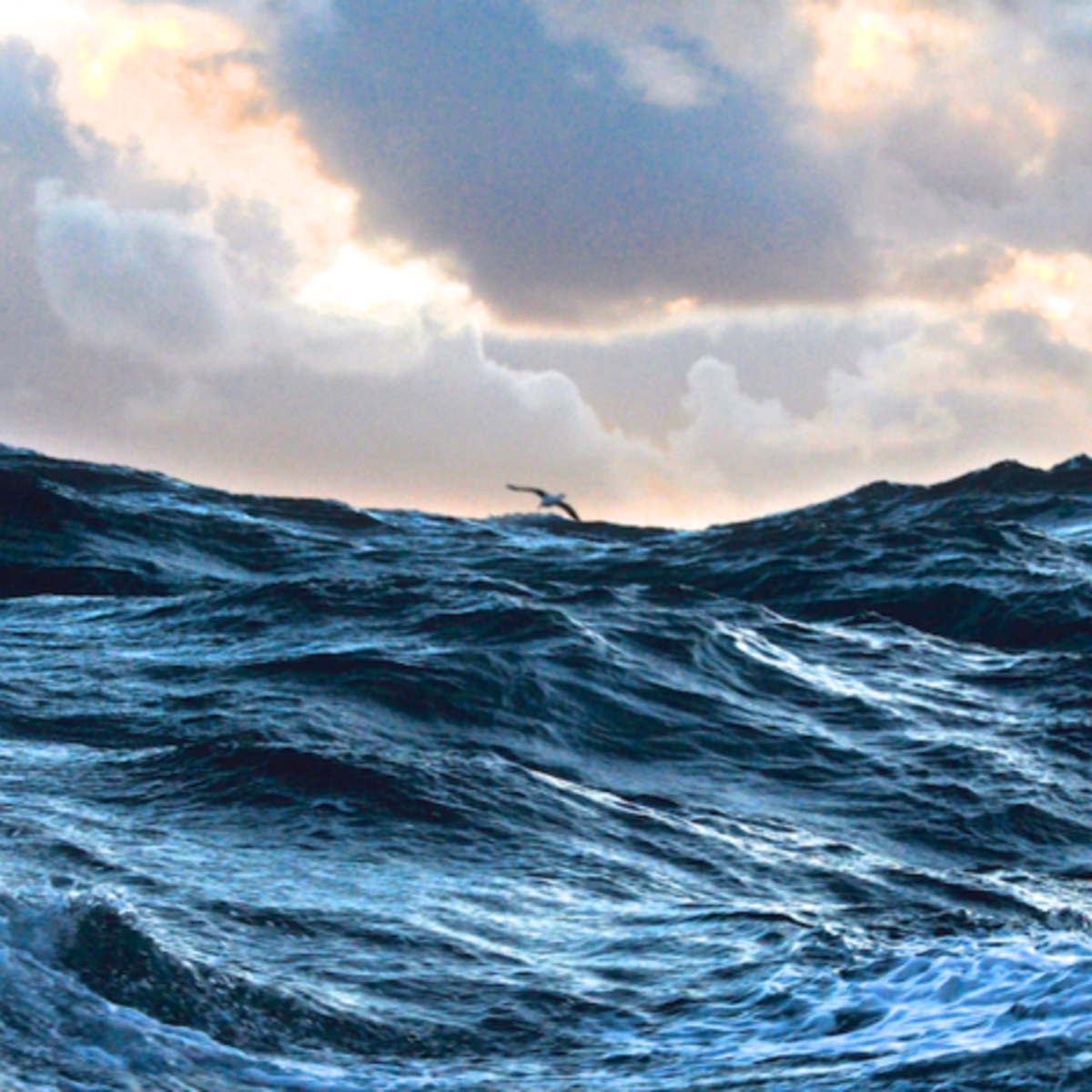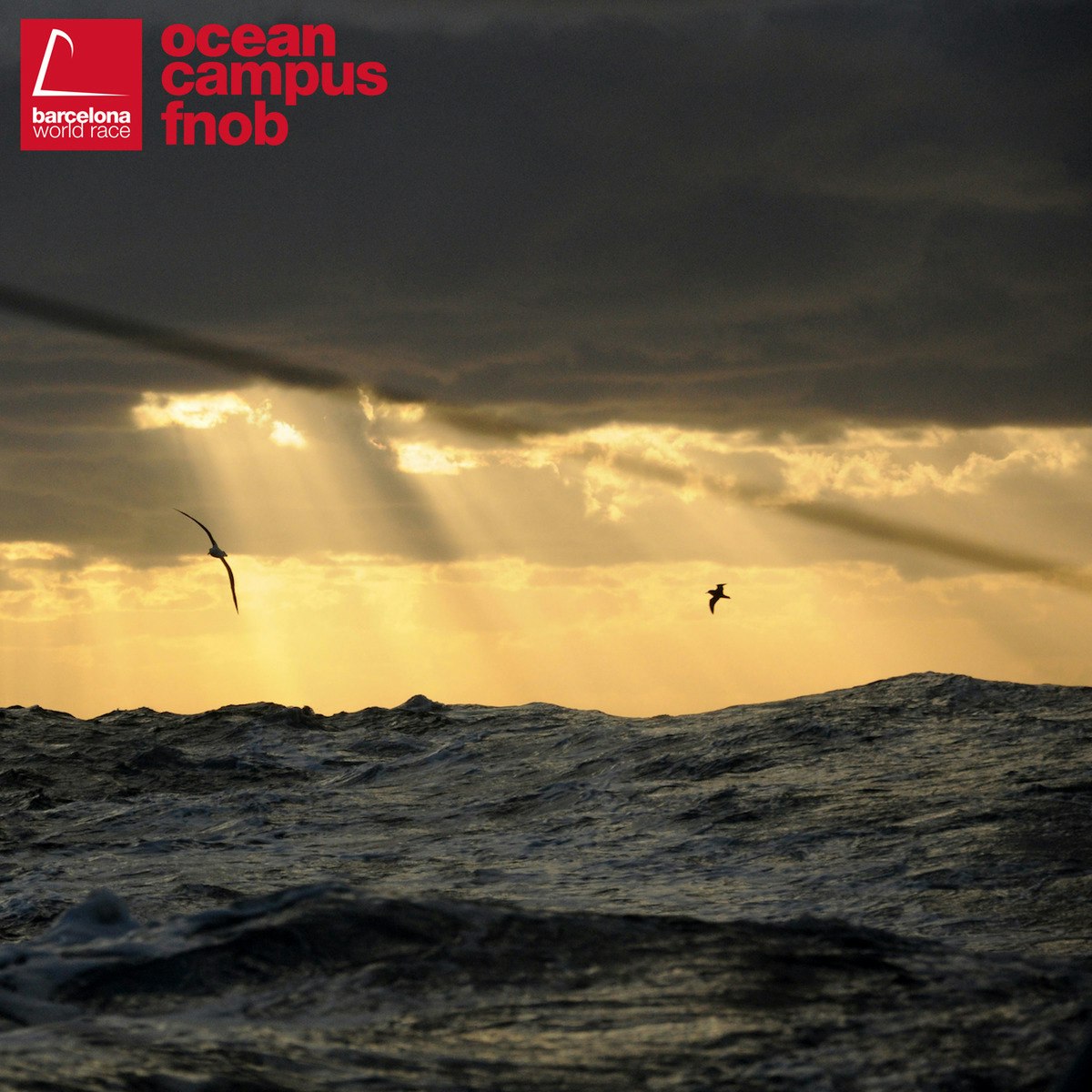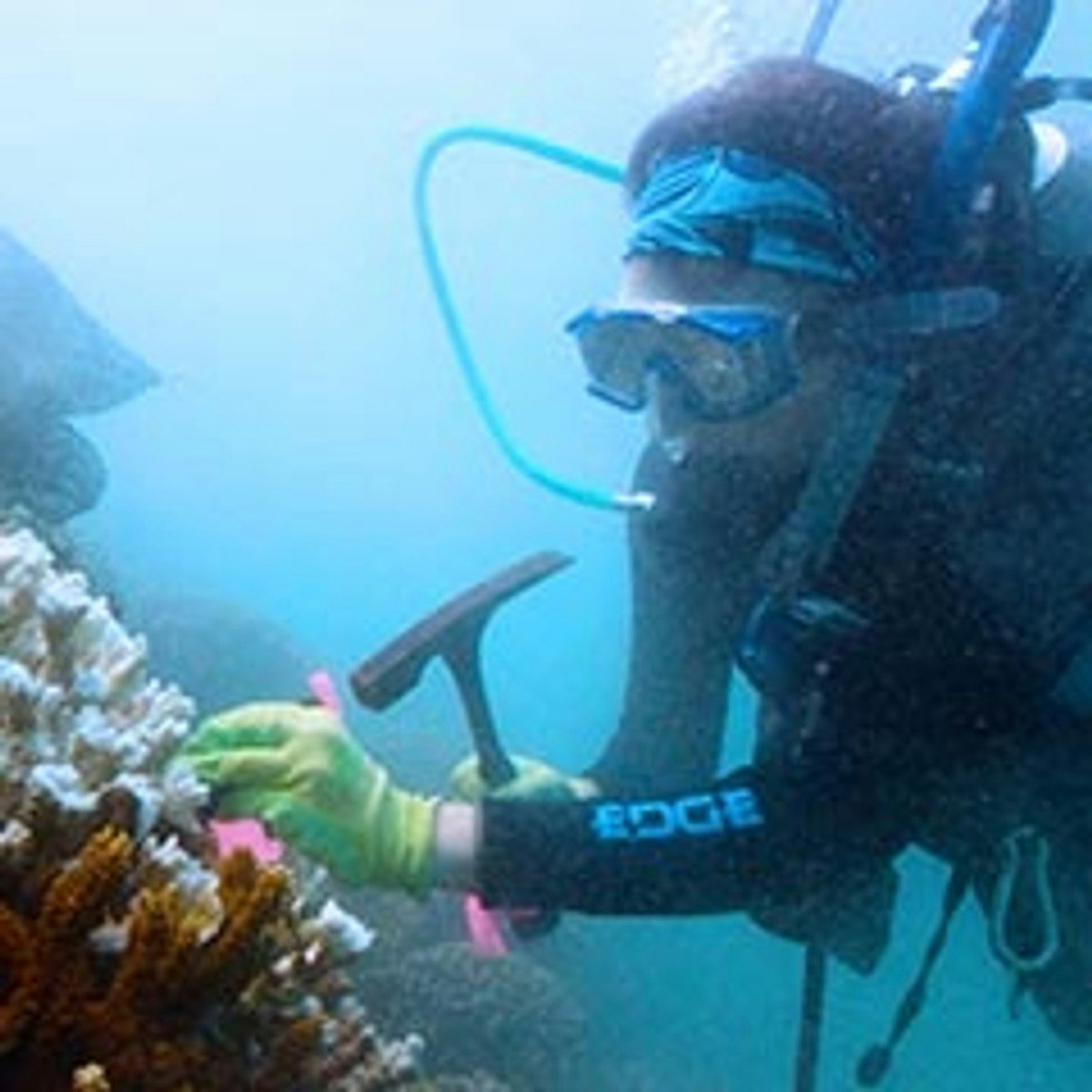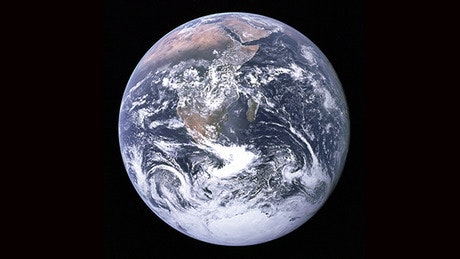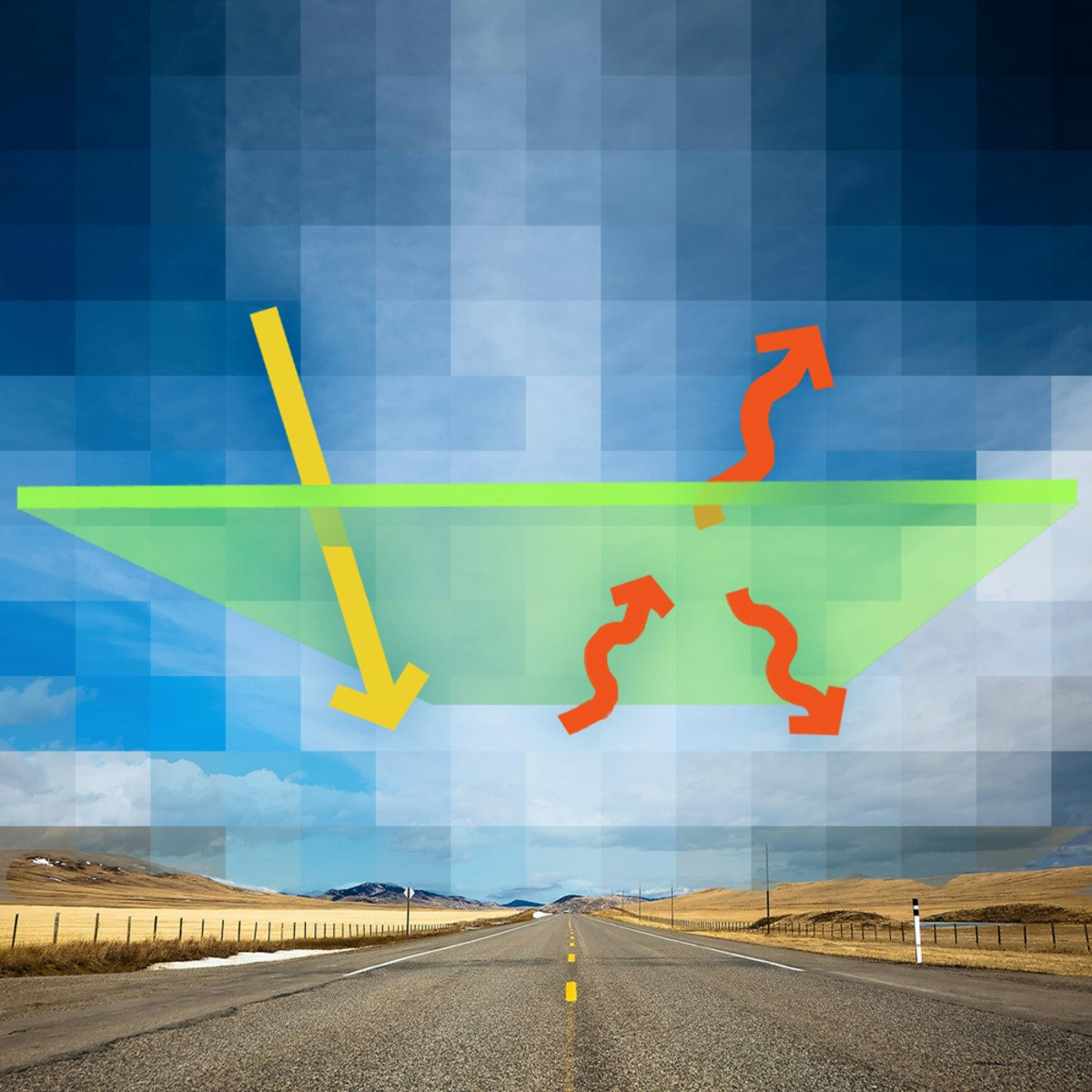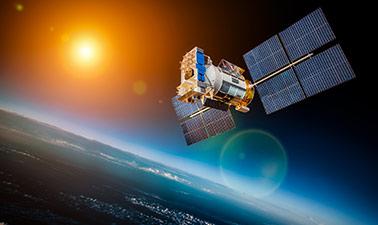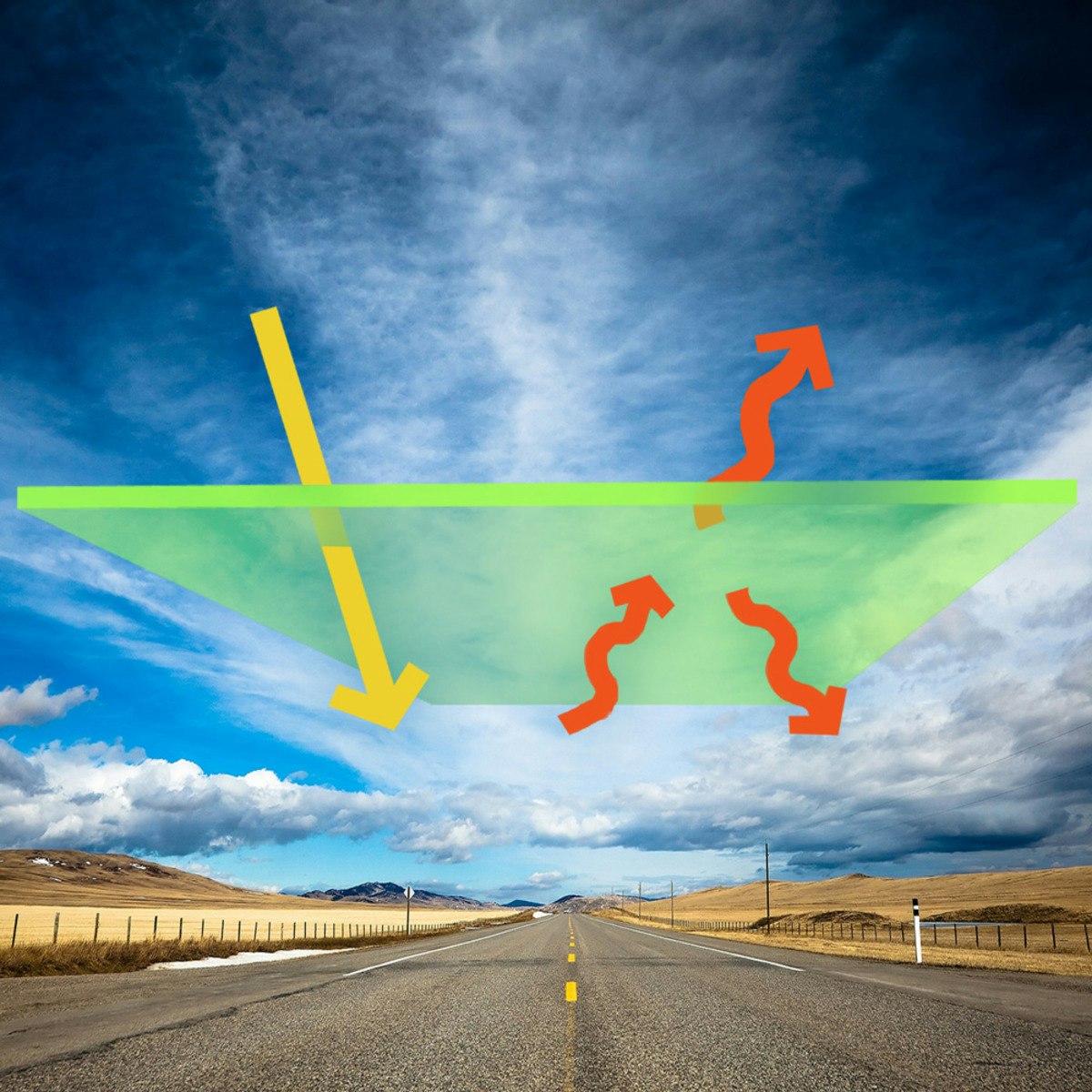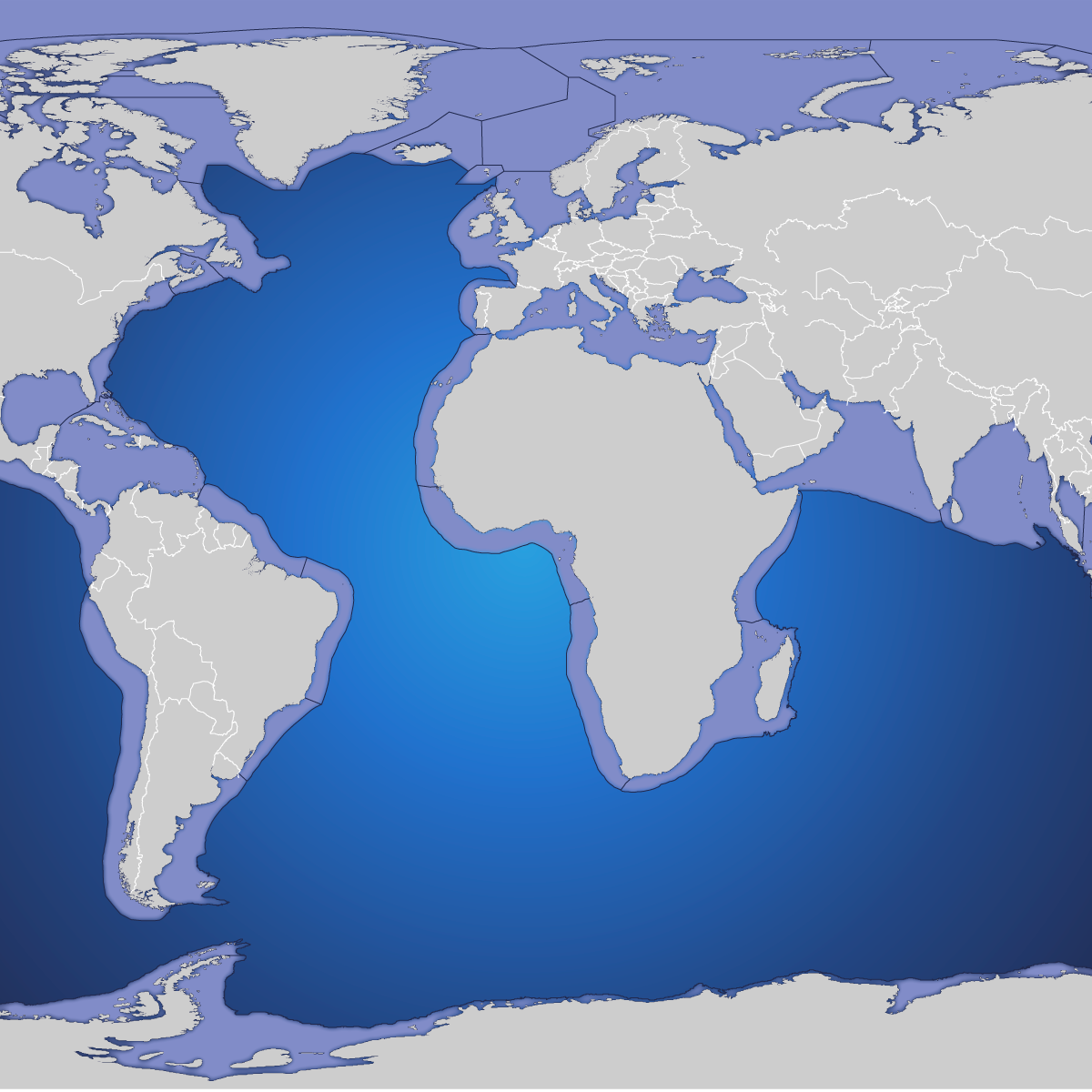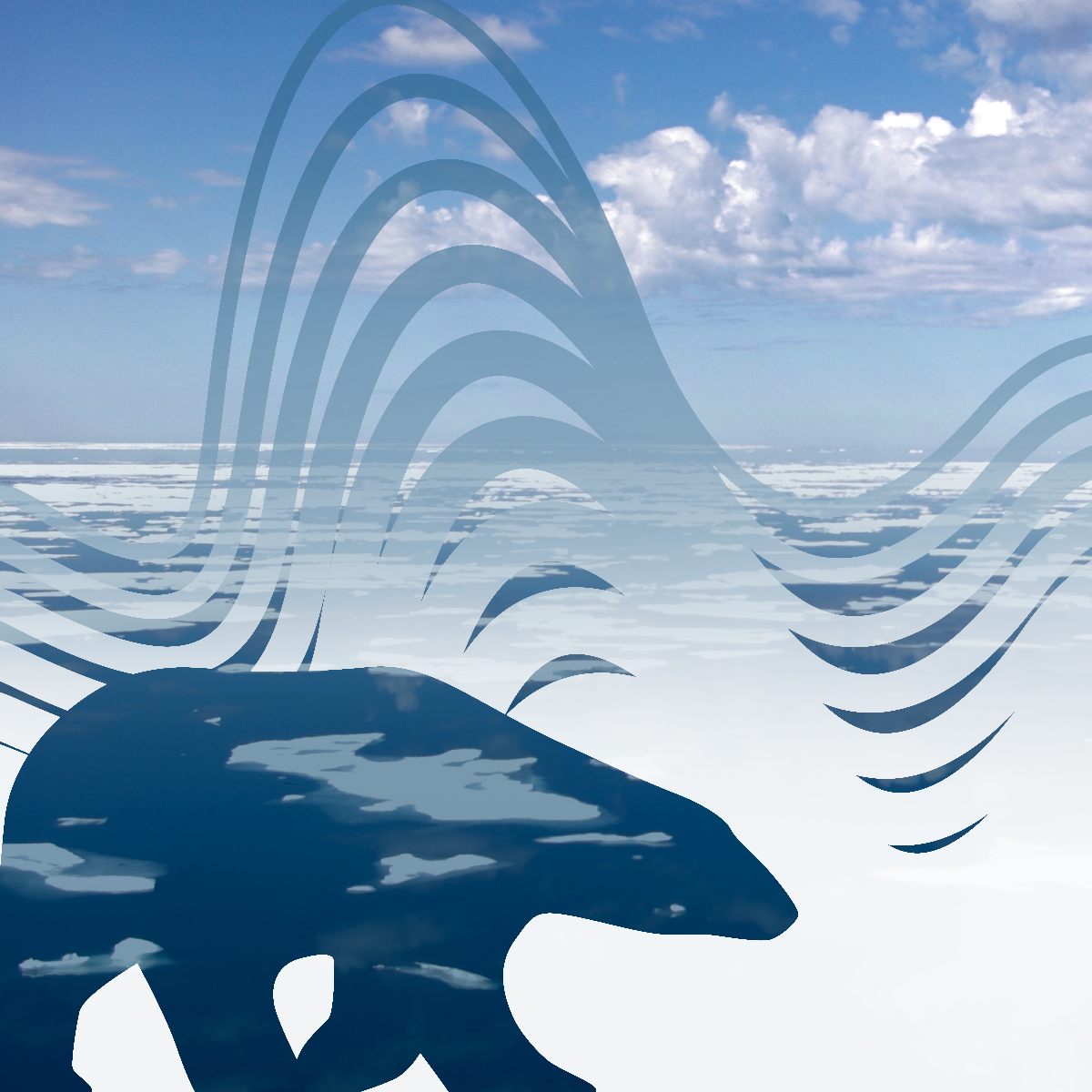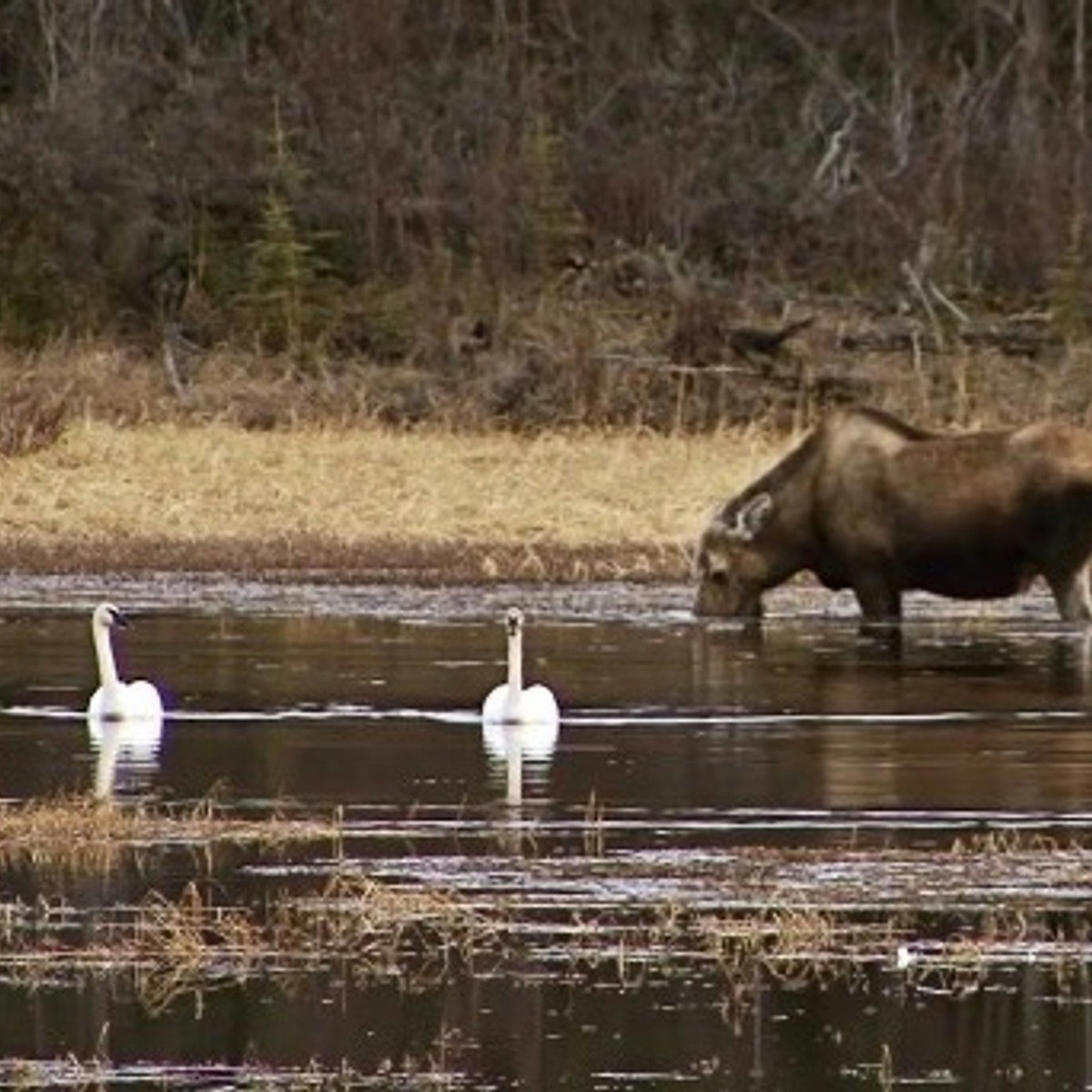Oceanographer
Oceanographer: Exploring the Depths of a Scientific Career
Oceanography is the scientific study of the Earth's oceans and seas. It encompasses a vast range of topics, seeking to understand the complex physical, chemical, biological, and geological processes that shape these massive bodies of water. As an inherently interdisciplinary field, oceanography draws upon physics, chemistry, biology, geology, geography, meteorology, and even engineering.
Working as an oceanographer offers the chance to explore some of the least understood parts of our planet. Imagine deploying instruments in the deep sea, analyzing water samples teeming with microscopic life, or using satellite data to track ocean currents across vast basins. It's a career that combines rigorous scientific inquiry with the potential for adventure and discovery, contributing vital knowledge about climate change, marine ecosystems, and natural resources.
Introduction to Oceanography
What is Oceanography?
At its core, oceanography aims to understand the ocean's properties and processes. This includes everything from the movement of water masses and the chemistry of seawater to the life forms inhabiting marine environments and the structure of the seafloor. Oceanographers investigate how these elements interact and influence global systems, such as climate and weather patterns.
The field covers an enormous scale, both in space and time. Researchers might study microscopic plankton, continent-spanning currents, the history recorded in seafloor sediments spanning millions of years, or rapid changes happening due to human activities. It's a dynamic field constantly evolving with new technologies and discoveries.
Understanding the ocean is crucial for addressing major global challenges. These include predicting climate change impacts, managing fisheries sustainably, protecting coastal communities from hazards like tsunamis and storm surges, and discovering new resources, potentially including novel medicines from marine organisms.
These introductory courses provide a broad overview of oceanography, suitable for those new to the subject.
To delve deeper into the foundational concepts, consider these comprehensive texts.
A Brief History
Humanity's relationship with the ocean is ancient, driven by exploration, trade, and fishing. However, oceanography as a formal science began relatively recently. Early voyages, like those of Captain James Cook in the 18th century, included systematic measurements of coastlines, depths, and currents, laying groundwork for future studies.
The mid-19th century saw foundational work, such as Matthew Fontaine Maury's charts of winds and currents. The landmark HMS Challenger expedition (1872-1876) is often considered the birth of modern oceanography. It systematically collected data on water depth, temperature, chemistry, currents, marine life, and seafloor geology across all major oceans.
The 20th century brought significant advancements, spurred by naval interests during world wars (sonar development) and later by growing concerns about resources and the environment. The development of scuba diving, submersibles, electronic sensors, and satellite remote sensing revolutionized the ability to observe the ocean. International programs and dedicated research institutions further propelled the field forward.
Branches of Oceanography
Oceanography is typically divided into four main branches, though significant overlap exists:
Biological Oceanography: This branch studies marine organisms and their interactions with the ocean environment. It examines the distribution, abundance, and life processes of marine life, from microbes to whales, and investigates food webs, ecosystems, and the impact of environmental changes on marine populations.
Chemical Oceanography: Focuses on the chemical composition of seawater and the processes controlling it. Chemical oceanographers study nutrient cycles, dissolved gases (like oxygen and carbon dioxide), trace elements, pollutants, and the ocean's role in the global carbon cycle. They investigate how chemical processes affect marine life and climate.
Geological Oceanography (Marine Geology): Explores the structure, features, and evolution of the ocean floor. This includes studying plate tectonics, seafloor spreading, sedimentation, coastal erosion, and underwater volcanoes and earthquakes. Marine geologists help reconstruct past ocean conditions and locate potential mineral and energy resources.
Physical Oceanography: Investigates the physical properties and movement of ocean water. Physical oceanographers study waves, tides, currents, ocean circulation patterns, and the interaction between the ocean and atmosphere. They use physics and mathematics to model and predict ocean behavior, which is crucial for climate science, navigation, and coastal engineering.
What Does an Oceanographer Do?
Daily Tasks and Responsibilities
The daily life of an oceanographer varies greatly depending on their specific role, specialization, and employer. Many roles involve a mix of fieldwork, laboratory analysis, and computer-based work. Fieldwork often means spending time at sea on research vessels, deploying instruments, collecting samples (water, sediment, organisms), and making observations, sometimes in challenging conditions.
Back on land, laboratory work might involve analyzing the chemical properties of water samples, identifying microscopic organisms, or examining sediment cores. A significant portion of time is dedicated to data analysis, using statistical methods and specialized software to interpret measurements and observations collected in the field or from remote sensors like satellites.
Computer modeling is another key activity. Oceanographers develop and run complex simulations to understand ocean processes, predict future conditions (like sea-level rise or the path of pollutants), and test hypotheses. Writing research papers, grant proposals, reports, and presenting findings at conferences are also common tasks, especially in academic and government research settings.
Where Oceanographers Work
Oceanographers find employment across several sectors:
Academia: Universities and research institutions are major employers. Here, oceanographers conduct research, teach students, publish papers, and seek funding through grants. Academic positions often require a Ph.D.
Government: Agencies like the National Oceanic and Atmospheric Administration (NOAA) in the US, or similar bodies internationally, employ oceanographers for research, monitoring, resource management, weather forecasting, and policy advice. Military organizations also hire oceanographers for operational support.
Private Sector: Opportunities exist in industries such as energy (oil and gas exploration, offshore wind), environmental consulting (impact assessments, monitoring), fisheries management, marine technology development (instrumentation, software), and sometimes tourism or marine conservation non-profits.
The nature of the work can differ significantly between sectors. Government roles might focus on operational monitoring or regulatory science, while private sector jobs often involve applying oceanographic knowledge to specific commercial or environmental challenges.
Areas of Specialization
Within the broad branches, oceanographers often specialize further. For instance, a biological oceanographer might focus on microbial ecology, fisheries science, or deep-sea vents. A chemical oceanographer could specialize in carbon cycling, ocean acidification, or marine pollution.
Physical oceanographers might concentrate on coastal dynamics, large-scale circulation modeling, or air-sea interaction. Geological oceanographers could specialize in paleoceanography (studying past ocean conditions), marine geophysics, or coastal geomorphology. Emerging areas include marine biotechnology, ocean renewable energy, and the impacts of climate change on specific marine systems.
Specialization often develops during graduate studies and early career experiences. It allows for deep expertise in a particular area while maintaining a broad understanding of the interconnected ocean system.
Education Pathways to Become an Oceanographer
Undergraduate Foundation
A strong foundation in basic sciences is essential. While some universities offer undergraduate degrees specifically in Oceanography or Marine Science, it's more common to major in a core science like Biology, Chemistry, Physics, Geology, or Environmental Science. Mathematics, particularly calculus and statistics, is crucial.
Regardless of the major, taking relevant elective courses in oceanography, marine biology, fluid dynamics, or earth sciences is highly beneficial. Developing strong computational skills, including programming (e.g., Python, MATLAB, R), is increasingly important across all branches.
Gaining practical experience through internships, volunteering in labs, or participating in undergraduate research projects is invaluable. This hands-on work provides exposure to real-world research, helps build technical skills, and strengthens graduate school applications.
These courses cover fundamental science concepts often required for oceanography.
Graduate Studies
For most research-oriented careers in oceanography, particularly in academia and government research labs, a graduate degree (Master's or Ph.D.) is required. Graduate programs allow for specialization within one of the branches of oceanography and provide in-depth research training.
Master's programs (typically 2 years) often prepare students for technical roles, positions in environmental consulting, or as a stepping stone to a Ph.D. Ph.D. programs (typically 4-6 years) focus heavily on original research culminating in a dissertation and are usually necessary for faculty positions or leading independent research projects.
Admission to graduate programs is competitive. Strong academic performance, relevant research experience, letters of recommendation, and a clear statement of research interests are key components of an application. Many programs offer funding through research assistantships or teaching assistantships.
The Importance of Interdisciplinary Skills
The ocean is a complex, interconnected system, making interdisciplinary skills vital. A physical oceanographer needs some understanding of chemistry to study water masses, while a marine biologist benefits from knowing about currents that transport larvae. Geological processes shape habitats, and chemical changes impact marine life.
Coursework or research experience that bridges disciplines is highly valuable. This might involve taking classes outside one's primary focus, collaborating with researchers from other branches, or participating in interdisciplinary research projects. Strong communication skills are also needed to work effectively with colleagues from diverse scientific backgrounds.
This course emphasizes the connections between different Earth systems.
Online Learning and Skill Development
Building Core Competencies Online
Online learning offers valuable opportunities to acquire foundational knowledge and technical skills relevant to oceanography. Platforms like OpenCourser provide access to courses in data analysis, statistics, programming (Python, R), Geographic Information Systems (GIS), and remote sensing, which are essential tools for modern oceanographers.
These resources can supplement formal education, allowing students to deepen their understanding or explore topics not covered in their primary curriculum. For professionals or career changers, online courses offer a flexible way to upskill or acquire new competencies needed for specific roles or projects.
While online courses excel at teaching theoretical concepts and software skills, they cannot fully replace the hands-on experience crucial for many aspects of oceanography. Finding ways to complement online learning with practical application is key.
These online courses teach valuable data analysis and remote sensing skills applicable to oceanography.
Balancing Theory and Practice
Oceanography is fundamentally an observational and experimental science. While online courses provide excellent theoretical grounding and computational training, practical experience remains indispensable. This includes fieldwork techniques, laboratory procedures, and operating specialized equipment.
Aspiring oceanographers should actively seek opportunities for hands-on work. This might involve volunteering in a university lab, participating in citizen science projects, seeking internships with government agencies or environmental organizations, or joining field courses or research cruises if available.
For those transitioning careers or relying heavily on online learning, demonstrating practical aptitude can be challenging but is crucial. Look for workshops, short courses with field components, or entry-level technician roles that offer on-the-job training to bridge the gap between theoretical knowledge and practical application.
Building a Portfolio
Creating a portfolio showcasing your skills and projects can be highly beneficial, especially when formal experience is limited. This could involve independent research projects using publicly available oceanographic data (e.g., from NOAA or NASA satellite missions).
Projects might include analyzing trends in sea surface temperature, mapping seafloor features using bathymetry data, visualizing ocean current patterns, or even building simple models related to marine processes. Documenting your methodology, code (e.g., on GitHub), and results clearly demonstrates your analytical and technical abilities.
Contributing to open-source scientific software projects or participating in data analysis competitions related to environmental or climate data can also strengthen your portfolio. Highlighting these projects on your resume or during interviews can effectively showcase your skills and initiative.
This course focuses on visualizing and communicating environmental data effectively.
Career Progression for Oceanographers
Starting Your Career
Entry-level positions often involve supporting roles under the guidance of more experienced scientists. Common titles include Research Assistant, Field Technician, Lab Technician, or Data Analyst. These roles typically require a bachelor's or master's degree in a relevant science.
Responsibilities might include collecting and processing samples, maintaining equipment, running standard laboratory analyses, managing datasets, assisting with fieldwork logistics, or performing initial data processing. These positions provide valuable hands-on experience and exposure to research methods.
Competition for entry-level roles can be strong. Highlighting practical skills, internships, research experience, and proficiency with relevant software (GIS, programming languages) on your resume is important. Networking at conferences or through university connections can also uncover opportunities.
Mid-Career Advancement
With experience and often further education (like a Ph.D.), oceanographers can advance to more independent roles. This might involve designing and leading research projects, managing research teams or labs, developing new methodologies or models, or specializing in a niche area.
Titles at this stage could include Research Scientist, Project Manager, Senior Environmental Consultant, or University Professor (Assistant or Associate level). Responsibilities expand to include securing funding (writing grant proposals), publishing research in peer-reviewed journals, mentoring junior staff or students, and potentially contributing to policy or management decisions.
Developing strong project management, communication, and leadership skills becomes increasingly important. Building a publication record and establishing a reputation within a specific research community are key for advancement, particularly in academic and government research settings.
Senior Roles and Leadership
Senior oceanographers often move into leadership positions. This could involve directing research programs or departments, serving as senior scientific advisors for government agencies or NGOs, holding full professorships at universities, or leading major initiatives in the private sector.
At this level, responsibilities often shift towards strategic planning, program management, securing major funding, influencing policy, and mentoring the next generation of scientists. Deep expertise, a strong track record of accomplishments, and significant leadership experience are typically required.
Salary expectations vary significantly based on sector (academia, government, private), geographic location, level of education (B.S., M.S., Ph.D.), and years of experience. According to the U.S. Bureau of Labor Statistics, the median annual wage for geoscientists (a category including many oceanographers) was $97,840 in May 2023, but this figure encompasses a wide range of roles and experience levels.
Key Skills and Tools for Modern Oceanographers
Essential Technical Tools
Modern oceanography relies heavily on technology. Common tools include research vessels equipped with specialized sampling gear (like Niskin bottles for water samples, nets for biological samples, corers for sediment), sonar systems for mapping the seafloor (bathymetry), and sensors for measuring water properties (temperature, salinity, pressure - often using CTD profilers).
Remotely Operated Vehicles (ROVs) and Autonomous Underwater Vehicles (AUVs) allow exploration and sampling in deep or hazardous environments. Satellite remote sensing provides large-scale views of sea surface temperature, chlorophyll concentration (indicating phytoplankton blooms), sea level height, and sea ice cover.
Modeling software, often based on programming languages like Python, Fortran, or MATLAB, is used to simulate ocean currents, climate scenarios, or ecosystem dynamics. Familiarity with relevant software and hardware is essential for many roles.
These courses introduce remote sensing and earth observation techniques.
Data Analysis Proficiency
Oceanography generates vast amounts of data from various sources – shipboard sensors, moorings, satellites, models, and lab analyses. The ability to manage, process, analyze, and interpret this data is a critical skill. This requires a strong foundation in statistics and proficiency in data analysis software and programming languages.
Commonly used tools include Python (with libraries like NumPy, Pandas, Matplotlib, SciPy), R, and MATLAB. Experience with Geographic Information Systems (GIS) software (like ArcGIS or QGIS) is often necessary for handling spatially referenced data. As datasets grow larger and more complex ("big data"), skills in database management and even machine learning techniques are becoming increasingly valuable for pattern recognition and prediction.
Effective data visualization is also key for communicating findings to both scientific peers and broader audiences. Being able to turn complex datasets into clear, informative graphs and maps is an essential part of the scientific process.
Consider these courses for building data analysis and visualization skills.
Fieldwork Considerations
Fieldwork is a component of many oceanographic careers, especially in the early stages. It can be exciting but also demanding. Research cruises can last weeks or months, often involving long work hours, potentially rough seas, and isolation from shore.
Safety is paramount. Fieldwork requires adherence to strict safety protocols for operating equipment on deck, handling chemicals in shipboard labs, and potentially diving or working with small boats. Training in sea survival and first aid may be required.
Physical fitness and adaptability are beneficial. Working effectively as part of a team in confined spaces is crucial. While not all oceanographers go to sea regularly (some roles are entirely lab- or computer-based), understanding the challenges and logistics of data collection enhances data interpretation and research planning.
Current Trends Impacting Oceanography
Climate Change Research Focus
Understanding the ocean's role in climate change is a major driver of current oceanographic research. Funding agencies and international programs increasingly prioritize research on topics like ocean warming, sea-level rise, ocean acidification, changes in ocean currents, and the impacts on marine ecosystems and fisheries.
Oceanographers are developing more sophisticated models to predict future climate scenarios and assess potential impacts. Monitoring programs track key indicators of ocean change. This focus creates opportunities but also demands robust science to inform policy and mitigation strategies. According to the High Level Panel for a Sustainable Ocean Economy, ocean-based climate solutions are essential for meeting global climate goals.
These courses delve into climate science and its impacts.
Technological Advancements
Rapid technological progress continues to transform oceanography. Advances in sensor technology allow for more precise and diverse measurements. Autonomous platforms like gliders, floats (e.g., the Argo program), and AUVs enable persistent monitoring over wide areas, complementing traditional ship-based research.
Improvements in satellite remote sensing provide higher resolution data and new types of observations. Computational power enables more complex and realistic ocean models. Artificial intelligence and machine learning are increasingly used for analyzing large, complex datasets, identifying patterns, and improving predictions.
These advancements create demand for oceanographers with strong technical and computational skills. Staying abreast of new technologies and learning how to apply them effectively is crucial for remaining competitive in the field.
International Collaboration
The ocean knows no political boundaries, making international collaboration essential. Large-scale research questions, particularly those related to climate change and global ocean circulation, require coordinated efforts involving scientists and resources from multiple countries.
Initiatives like the UN Decade of Ocean Science for Sustainable Development (2021-2030) aim to foster international cooperation to address critical ocean challenges. Collaborative projects share data, expertise, and infrastructure (like research vessels), leading to more comprehensive understanding.
Working in international teams requires cross-cultural communication skills and an understanding of different research systems and priorities. Opportunities often exist for research exchanges or participation in international projects.
Challenges and Ethical Considerations
Environmental Impact of Research
Oceanographic research itself can have environmental impacts. Research vessels consume fuel and generate emissions. Deploying instruments can sometimes disturb marine habitats or entangle marine life. Acoustic instruments (like sonar) have potential impacts on marine mammals.
There is a growing awareness within the community of the need to minimize the environmental footprint of research activities. This involves adopting greener ship technologies, designing less invasive sampling methods, carefully planning instrument deployments, and adhering to regulations concerning interactions with marine life.
Balancing the need for scientific data with the responsibility to protect the environment being studied is an ongoing ethical challenge. Researchers must constantly evaluate and improve their practices.
Data Ownership and Sharing
Data collected in international waters or through collaborative projects raises questions about ownership, access, and sharing. Open data principles are increasingly promoted, recognizing that sharing data maximizes its scientific value and facilitates broader understanding.
However, challenges remain regarding data standards, long-term archiving, and ensuring proper credit for data collection efforts. Sensitive data, such as information on commercially valuable fish stocks or potential resource deposits, may involve confidentiality concerns. Navigating these issues requires clear agreements and adherence to established data management policies.
International collaborations often require specific data sharing agreements negotiated between participating institutions or countries. Ethical considerations involve ensuring equitable access to data and research findings, particularly for scientists from developing nations.
Balancing Conservation and Exploitation
Oceanographic knowledge informs both the conservation of marine ecosystems and the exploitation of marine resources (fisheries, minerals, energy). This can create ethical tensions. Oceanographers may work for industries involved in resource extraction or for organizations focused solely on conservation.
Maintaining scientific objectivity is crucial, regardless of the employer or funding source. Research findings should be reported accurately and transparently. Oceanographers often play a role in environmental impact assessments, aiming to provide unbiased scientific information to guide decisions about resource use and management.
The field increasingly emphasizes ecosystem-based management approaches, which consider the broader environmental impacts of human activities rather than focusing narrowly on a single resource. This requires integrating knowledge across different oceanographic disciplines.
Oceanographer Career Opportunities by Geography
Coastal vs. Inland Locations
Unsurprisingly, career opportunities for oceanographers are heavily concentrated in coastal regions. Major research institutions, government agencies (like NOAA labs), and marine-focused industries are typically located near the sea to facilitate fieldwork and access to marine environments.
However, some opportunities exist in landlocked areas. Universities far from the coast may still have strong programs in atmospheric science, climate modeling, fluid dynamics, or remote sensing, which overlap significantly with physical or chemical oceanography. Some government agencies or consulting firms might have inland offices focusing on data analysis, modeling, or policy aspects.
For those primarily interested in computational modeling, data analysis, or satellite remote sensing, geographic location may be less restrictive than for those focused on fieldwork or experimental marine biology/geology.
Government Agencies vs. Private Sector Hubs
Government agencies involved in ocean research and management often have major facilities in specific locations. In the US, areas like Washington D.C., Maryland (NOAA headquarters), California (Scripps Institution of Oceanography), Massachusetts (Woods Hole Oceanographic Institution), Florida, and Washington state have significant concentrations of government oceanographers.
Private sector opportunities, particularly in energy and environmental consulting, may be clustered in different areas. For example, cities with strong ties to the offshore oil and gas industry (like Houston, Texas) or offshore wind development (East Coast hubs) may offer more private sector roles. Environmental consulting firms often have offices in major metropolitan areas across the country.
Researching specific agencies, institutions, and companies in desired geographic locations is important when job searching. Networking within regional scientific communities can also reveal local opportunities.
Global Research Hotspots
Beyond the United States, numerous countries have strong oceanographic research communities and significant career opportunities. Nations with extensive coastlines, major maritime interests, or specific environmental concerns often invest heavily in ocean science.
Countries like Canada, Australia, Norway, the United Kingdom, Germany, France, Japan, and China have world-renowned research institutions and government programs. Specific regions, like the Arctic or Antarctic, are hotspots for climate change research, attracting international collaborations and expeditions.
For those willing to work internationally, exploring opportunities in these global centers of oceanography can broaden career prospects. Language skills and understanding different academic/ Mworking cultures can be advantageous for pursuing international positions.
Frequently Asked Questions (Career Focus)
Is a PhD required for oceanography careers?
A Ph.D. is generally required for independent research positions, especially in academia (professorships) and high-level government research roles. It signifies the ability to design, conduct, and lead original research projects.
However, many valuable careers in oceanography are accessible with a bachelor's or master's degree. These often include roles as technicians (field, lab), data analysts, GIS specialists, environmental consultants, resource managers, or educators. A master's degree can provide specialized knowledge and skills that enhance competitiveness for these positions.
The necessity of a Ph.D. depends heavily on your specific career goals. If you aspire to lead academic research or hold a senior scientist position in a government lab, a Ph.D. is usually the standard path. For applied roles or technical support positions, a B.S. or M.S. may be sufficient.
How competitive are government research positions?
Positions at major government research institutions (like NOAA, USGS, NASA) and national labs are typically very competitive, particularly for permanent research scientist roles. These positions often attract a large pool of highly qualified applicants, frequently with Ph.D.s and postdoctoral experience.
Factors influencing competitiveness include the specific field, the level of the position, funding availability, and the applicant's qualifications (publications, research experience, relevant skills). Networking and gaining experience through internships or contract positions within these agencies can sometimes provide an advantage.
Government roles focused more on operational monitoring, management, or technical support may have different requirements and levels of competition compared to pure research positions.
Can I transition from environmental science to oceanography?
Yes, transitioning from a broader environmental science background is quite feasible, as there is significant overlap. Many fundamental concepts in ecology, chemistry, geology, and data analysis are relevant to both fields. An environmental science degree often provides a good interdisciplinary foundation.
To transition effectively, you may need to supplement your background with more specific oceanographic coursework, particularly in physical or chemical oceanography if your focus was terrestrial. Gaining marine-related experience through internships, volunteering, or targeted graduate studies is crucial.
Highlighting transferable skills (data analysis, GIS, field techniques, lab skills) and clearly articulating your interest in marine systems will be important when applying for oceanography positions or graduate programs.
What industries outside academia hire oceanographers?
Beyond academia and government research, several industries employ individuals with oceanographic expertise. Environmental consulting firms hire oceanographers for impact assessments, site monitoring, and remediation projects related to coastal development, dredging, or offshore industries.
The energy sector, including oil and gas exploration and offshore renewable energy (wind, wave), needs oceanographers for site characterization, environmental monitoring, and understanding ocean conditions relevant to infrastructure. Fisheries management organizations (governmental and non-governmental) employ biological oceanographers and ecologists.
Other potential employers include marine technology companies (developing instruments, software, vehicles), aquaculture operations, non-profit conservation organizations, maritime transportation/shipping companies (for weather routing), and sometimes tourism (eco-tourism, dive operations).
How does climate change legislation impact job prospects?
Legislation and policies aimed at addressing climate change can positively impact job prospects for oceanographers. Increased funding for climate research, monitoring of ocean changes (warming, acidification, sea level), and development of climate adaptation strategies often translates into more opportunities in government agencies, research institutions, and environmental consulting.
Policies promoting renewable energy, particularly offshore wind, create demand for oceanographers involved in site assessment, environmental impact studies, and operational forecasting. Similarly, efforts towards coastal resilience and adaptation to sea-level rise require expertise in coastal processes.
While specific funding levels can fluctuate with political cycles, the overall trend towards addressing climate change suggests a continued need for oceanographic expertise to understand impacts and inform solutions.
Are fieldwork-heavy roles sustainable long-term?
Careers heavily focused on fieldwork, especially long research cruises, can be challenging to sustain throughout an entire career, particularly as personal circumstances change (e.g., starting a family). The physical demands and time away from home can take a toll.
Many oceanographers transition from fieldwork-intensive roles early in their careers to positions involving more lab work, data analysis, modeling, management, or teaching as they gain seniority. It's common for Ph.D. students and postdoctoral researchers to spend significant time at sea, while senior scientists might go to sea less frequently, perhaps focusing on cruise planning and leadership.
However, some individuals thrive on fieldwork and continue seeking sea-going opportunities throughout their careers, often in roles like marine technician, ROV pilot, or expedition leader. Sustainability depends on individual preferences, career goals, and life circumstances. The field offers diverse roles, allowing for different balances between field, lab, and office work.
Embarking on a career in oceanography requires dedication, a strong scientific foundation, and often advanced education. It offers the reward of contributing to our understanding of a vital and fascinating part of our planet. Whether you are drawn to fieldwork adventures, complex data analysis, or laboratory discoveries, the diverse field of oceanography presents many paths for exploration. Resources like OpenCourser can help you find courses to build the necessary knowledge and skills for this challenging and rewarding career.

